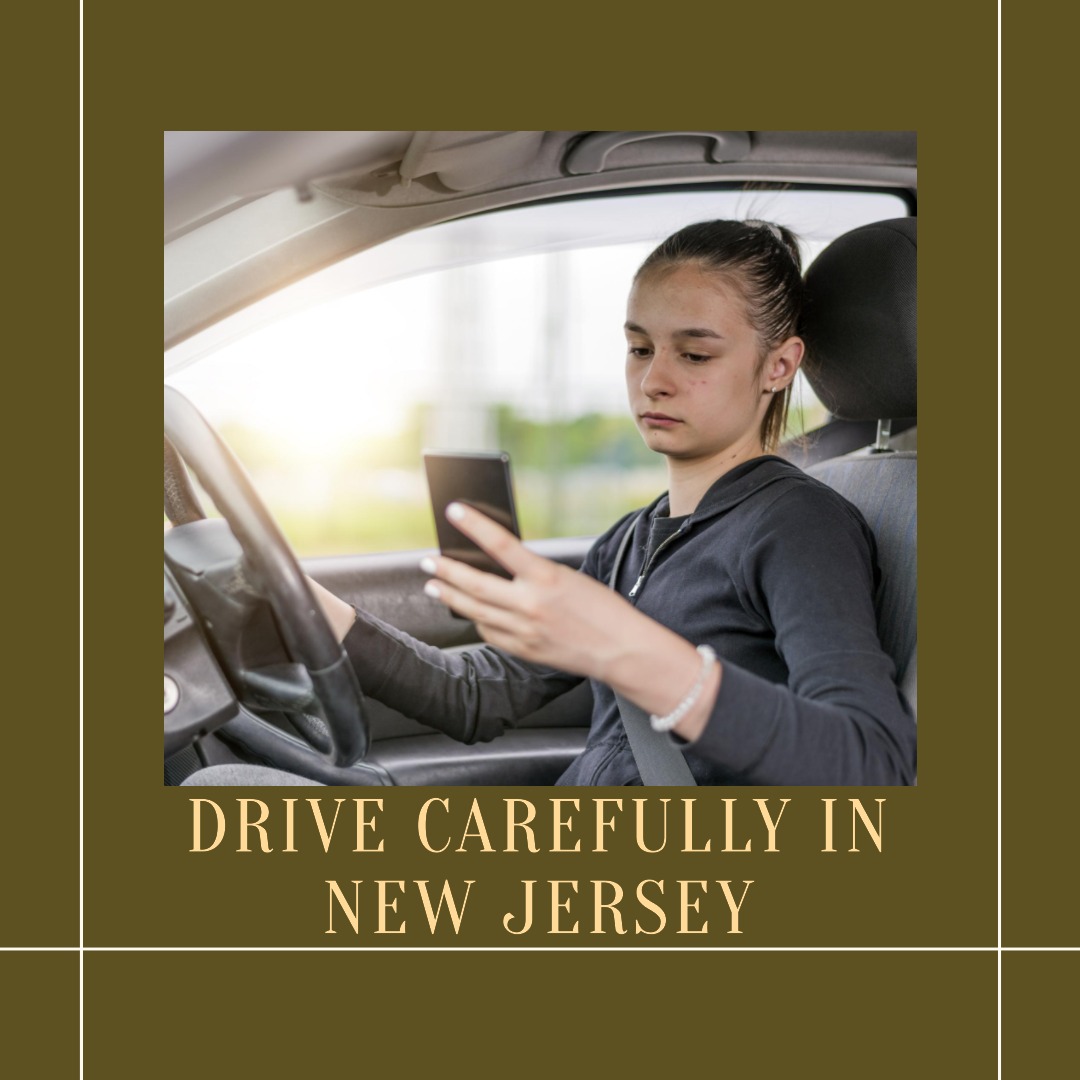Introduction
Driving is a privilege that comes with immense responsibility. Every time we get behind the wheel, we’re not just responsible for our own safety, but also for the safety of our passengers, other road users, and pedestrians. Unfortunately, there are instances when lapses in judgment or distractions lead to careless driving. Receiving a ticket for careless driving isn’t just about paying a fine; it’s a stark reminder of the potential dangers one might cause on the road.
What is Careless Driving?
Careless driving, often referred to as negligent driving, is a term used to describe driving behaviors that demonstrate a lack of attention or consideration for the safety of others. Unlike reckless driving, which implies a willful disregard for safety, careless driving is typically seen as unintentional but still dangerous. Examples of careless driving can include:
- Failing to signal when changing lanes.
- Not yielding the right of way when required.
- Driving too close to the vehicle in front (tailgating).
- Being distracted by a phone, radio, or other in-car distractions.
While the actions may not be deliberate, the consequences of careless driving can be just as severe as those of more egregious driving offenses. It’s crucial to remain attentive and considerate on the road to ensure the safety of all.
Implications of a Careless Driving Ticket in New Jersey
In New Jersey, careless driving is a catch-all law that prohibits any form of unsafe operation not otherwise covered by an already existing traffic statute. Here are the key implications of receiving a careless driving ticket in the Garden State:
- Fine: Drivers can be fined between $50 and $200 if convicted of careless driving in New Jersey. This fine does not increase upon subsequent convictions.
- Points: Two points are assessed on one’s NJ license following a conviction for careless driving.
- Court costs: Those who take their ticket to court will have to pay $34 in court fees.
- Surcharge: Drivers convicted of six points or more worth of traffic tickets in New Jersey over three years must pay a surcharge. A point-induced surcharge costs $150 plus $25 for each point over six.
- Auto insurance increase: A conviction for careless driving in New Jersey can result in a significant increase in insurance premiums. One study estimates that a single careless driving ticket can cause a rate increase of about 16%.
- Jail time: In extreme cases, drivers can be jailed for up to 15 days if convicted of careless driving. The circumstances that warrant jail time are at the discretion of the judge overseeing the case.
The Difference Between Careless Driving and Reckless Driving
Drivers who exhibit dangerous behavior on the road can be charged with either careless driving or reckless driving, depending on the type and severity of the actions. Under NJSA 39:4-97:
- Careless Driving: “A person who drives a vehicle carelessly, or without due caution and circumspection, in a manner so as to endanger, or be likely to endanger, a person or property, shall be guilty of careless driving.” New Jersey’s careless driving law is exceptionally open-ended and leaves a police officer with a tremendous amount of discretion. Any time someone drives erratically on the road and the conduct does not quite fit with another traffic violation, an officer can issue a ticket for careless driving.
- Reckless Driving: Involves “driving a vehicle heedlessly, in willful or wanton disregard of the rights or safety of others, in a manner so as to endanger, or be likely to endanger, a person or property.”
How to Handle a Careless Driving Ticket
If you find yourself with a careless driving ticket in New Jersey, consider the following steps:
- Consult an Attorney: Working with a traffic attorney can help you navigate the legal process effectively. They can organize your case and articulate the facts.
- Negotiate with the Prosecutor: New Jersey’s traffic law allows for negotiation. Discuss your case with the prosecutor to explore potential options.
- Driving Lesson: Some courts may allow you to attend a driving lesson in exchange for dismissing the ticket.
In conclusion, driving is a privilege that demands careful attention and consideration for the safety of oneself and others. Careless driving, although often unintentional, can have severe consequences for both the driver and others on the road. In New Jersey, receiving a Careless Driving Ticket New Jersey entails financial penalties, points on one's license, potential surcharges, increased insurance premiums, and even jail time in extreme cases. It's essential to understand the distinction between careless and reckless driving and to take appropriate steps if faced with a careless driving ticket, such as consulting an attorney, negotiating with the prosecutor, or attending driving lessons. Ultimately, promoting safe driving practices is paramount to ensuring the well-being of all road users.





Comments